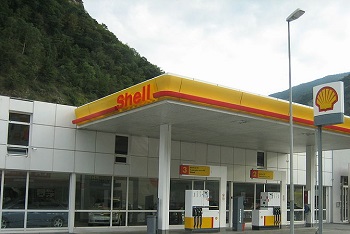This use of quick response code technology was demonstrated by way of the Munzee scavenger hunt game.
Barrett Park in Leominster, Massachusetts was the location of an interesting demonstration of the use of tracking by way of QR codes, recently, when it hosted a version of the worldwide scavenger hunt game that is known as Munzee.
The quick response codes were attached to trees, service poles, and other locations, allowing participants to play.
The game isn’t quite as obvious as one might think, as the QR codes are quite small, and they could be found virtually anywhere, regardless of whether you are hiking along a trail or strolling down the street. For example, Laurie Maldari, who already enjoys another mobile friendly hobby that is similar to scavenger hunting, called geocaching, was out doing just that when she came across her first Munzee QRcode. “I just stumbled upon one by accident,” she said.
This version of scavenger hunting, using QR codes, is somewhat different from geocaching.
Geocaching has been around for about a decade and a half and it requires a participant to use some form of mobile GPS device to be able to spot “caches” that contain small items that are typically stored in some kind of waterproof container. The participant then “proves” that they made the find by signing his or her name to a notebook that is found within that cache.
The concept of the Munzee QRcode game is comparable in certain ways, except that instead of signing a notepad, the participant uses a free mobile app and a smartphone to pinpoint his or her specific location and prove that the barcode was, indeed, found. As a reward, that person then receives points for each barcode that is scanned.
Maldari has since become quite involved in Munzee (and is now the player with the 20th place in the world) and has demonstrated how to play at Barrett Park in order to encourage more people to join in. The event was free to all who wished to attend.
This game based on QR codes originated in 2011 in Texas. That said, while it was popular there in its home state, it wasn’t until it made its way to California and Germany that it truly took off. Now, enthusiastic players are hoping that they will be able to spread the game to their own corners of the world, to encourage greater participation and to boost their opportunity to earn points – and bragging rights.

 PayPal believes that consumers will participate more in
PayPal believes that consumers will participate more in 